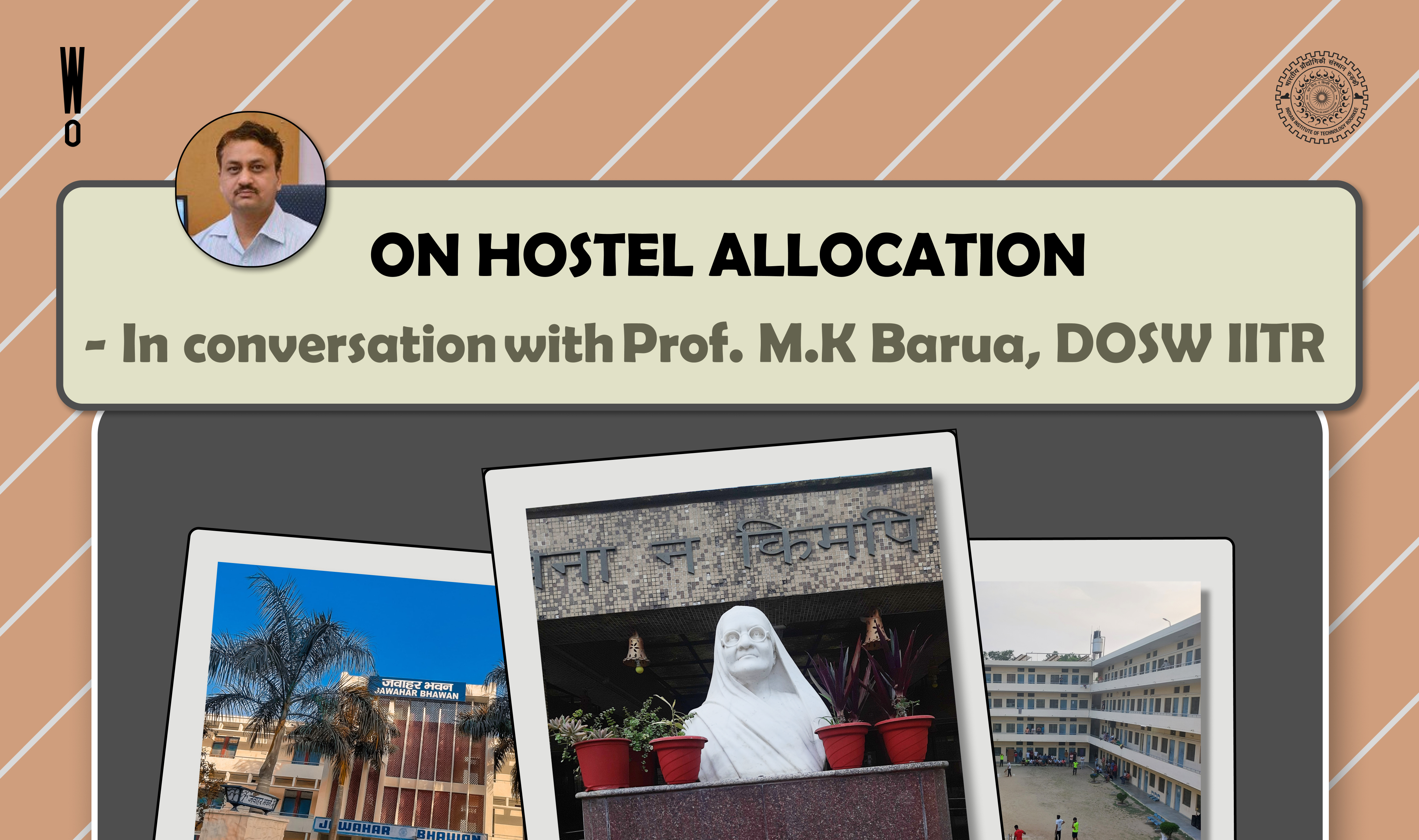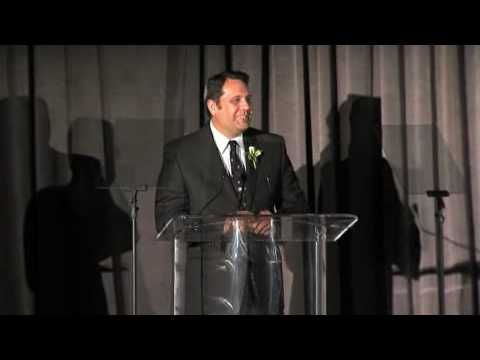

Body of IITR

Dr. Dharma P. Agrawal completed his BE from NIT-Raipur, ME from IIT-Roorkee and PhD from EPFL Lausanne, Switzerland. He has been the OBR Distinguished Professor at the University of Cincinnati, since August 1998. He is coauthor of textbooks ‘Introduction to Wireless and Mobile System (4th edition)’ , and ‘Ad hoc and Sensor Networks (2nd edition)’. He also co-edited ‘Encyclopedia on Ad Hoc and Ubiquitous Computing, and Embedded Sensor Systems’. He is a Fellow of IEEE, ACM, AAAS, NAI, IACSIT, and WIF. He is a Golden Core member of the IEEE-CS and recipient of the IEEE Third Millennium Medal. He has published over 684 articles, 42 keynote speeches, 67 intensive courses, 8 patents and 25 invention disclosures, supervised 76 Ph.D. dissertations and led UCBT Bluetooth packages. His research interests include applications of sensor networks in monitoring Parkinson’s disease patients and neurosis, applications of sensor networks in monitoring fitness of athletes personnel wellness, applications of sensor networks in monitoring firefighters physical condition in action etc. He has a G-Index: 346, and an H-Index: 68.
Professor Agarwal delivered an Institute Lecture on Friday, 13th December on the ‘Internet of Things (IoT)’. Watch Out! decided to interview him to find out more about his career, his research, his passion for the field, and the various ground-breaking aspects of IoT.
WO: You completed your Masters in Engineering from IIT-Roorkee over 50 years ago. In all these years have you ever revisited the campus or is this the first instance?
Dr. Agrawal - I visit the campus from time to time having been appointed a Faculty Member here under the Eminent Alumni scheme of things. In fact I was here last year too, although the topic of that talk was vastly different from what we have this time around (Internet of Things).
WO: How did you actually become interested in the field of research? What motivated you to move away from the thought of personal gain that comes with getting a mainstream job. or getting into business?
Dr. Agrawal- I myself have never understood why people choose to believe that mainstream jobs offer personal gain. I prefer freedom of work, that is, being able to work for as long as I want, whenever I want to with my own deadlines and targets. More than that I had always been drawn to the idea of research, so pursuing anything apart from that didn’t seem logical. From very early on I enjoyed interacting with students and working with them. It’s brought me such joy that although I could have retired 10 years ago, I continue to work. Another positive is that I have been able to attract a lot of PhD students in my time as a professor, having just supervised my 76th PhD dissertation. It is things like this that motivate me to continue working.
WO: You are back here in Roorkee for a talk on IoT. Based on your long term perspective of the development of the internet. what are some of the potentials of the field of IoT?
Dr. Agrawal - The applications of IoT are countless! Most people don’t think about it, but the medical applications are ground breaking. The best examples are some of the non-intrusive pills we have developed over the years. At this point in the interview, Dr. Agrawal showed us the pill he then talks about. These pills have a small camera on the top, which is obviously encased. You swallow this pill, and it transmits the images to a transmitter placed close to your body - maybe even your mobile phone! This pill can help detect any tumors or other anomalies with a completely non-intrusive procedure, and can do so within 6-8 hours. All of this is made possible with IoT.
WO: You have been working on improving the treatment for Parkinson’s disease as an application of IoT. Could you shed some light on it?
Dr. Agrawal - This is why I like working with students, they want to know everything! At this point in the interview Dr. Agrawal dug into his bag and showed us the boots he then talks about. We have been working on these boots for the purpose of helping people with Parkinsons. Each boot has several pressure pads, each capable of withstanding 250kgs of weight. The data from these pressure pads is transferred to a computer or mobile phone by means of an Arduino. This way we can determine when the patient is beginning to get tired, and this provides a better way of treating Parkinson patients, since this circumvents the necessity for the individual to ask for help. This boot also has several other applications in the field of sports (cricket, football etc.). As I said, the medical potential of IoT is ground breaking.
WO: You won the Harry H. Goode award in 2008. What was your work that made that possible?
Dr. Agrawal - It was a cumulation of whatever I have done in my career, a part of which I’ve just talked to you about. It is all about hard work, and I can tell you that there are no shortcuts in getting to this point. As a student, everyone should be looking to work hard and get in contact with the right professor. All of this could make a very big difference in the scheme of things.
WO: One of the major questions that has followed the field of IoT has been the huge surge in power requirements. For the common man whose first hand experience with IoT comprises mainly of Google Homes and Alexas, the question that arises is that are researchers looking into the problem, or is the primary focus building smarter devices first, with the power side of things being left for later?
Dr. Agrawal - Obviously researchers do look into making their device more power efficient, but the main problem with practical applications of IoT right now isn’t that the device that takes up a lot of power - it’s the transmission of data which is to blame. So as the datasets get larger, it is going to lead to an increase in power requirements, but a nice work around to all of these issues is to have portable wireless chargers. There are some small devices which have been developed for specific applications, and I believe their existence is extremely important for the field of IoT.
WO: You have spent a lot of time both in and outside India. According to you what are the major differences in the students here and abroad?
Dr. Agrawal - I have always loved working with Indian students and also with those from China. They are very diligent and hard working, unlike the students from maybe the USA. A major chunk of my students are in fact Indians. It’s always a joy to work with students of that exquisite calibre, who are willing to work as hard as they do. They are a lot more focused on their goals.
WO: I hope you are enjoying your stay at our campus sir.
Dr. Agrawal - I am quite enjoying my stay here. They make their best efforts in making the stay comfortable for us. My lecture is scheduled for Friday, and is being broadcasted live to the best of my knowledge and I will talk about my journey from mobile phones to IoT. I hope that talk and this interview are able to provide you and your peers with enough motivation and perspective to gain a deeper understanding of the field of IoT.